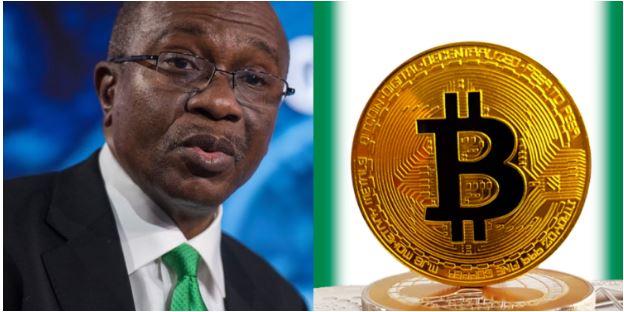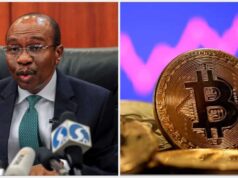
It’s been more than a year since the Central Bank of Nigeria (CBN) issued a circular to banks and other financial institutions prohibiting cryptocurrency transactions and facilitating payments for crypto exchanges.
It is prohibited for Nigerian banks to serve customers who deal in crypto assets.
In response to the looming threat of massive fines, banks eagerly complied with the law and shut down the accounts of cryptocurrency exchange businesses and private users. The CBN’s action was not ill-conceived at the time.
Contents
Growing crypto adoption in Nigeria despite CBN ban
With Africa’s largest economy facing growing economic challenges, more and more young people despite the crypto ban with banks, use crypto to hedge against currency devaluation, remit money cheaply or earn a living.
The lion’s share of peer-to-peer transactions in Africa still belongs to Nigeria. Nigeria currently has a P2P volume of $400 million on two major platforms (Paxful and Localbitcoins), followed by Kenya with more than $160 million, and South Africa with $117 million.
Nigeria is not the only country in which crypto communities have found ways around government restrictions. An annual report on crypto adoption in 154 countries put Nigeria in 6th position in 2021, part of a wave that saw crypto traded in Africa grow 1,200% in value.
In spite of the government clampdown in early 2021, Africa’s largest crypto market adapted by switching to P2P platforms such as Paxful and Binance which made it more difficult for the government to monitor and restrict such transactions.
Rules are changing
Moreover, the CBN’s rationale for enforcing the ban is undermined by the bias that crypto is anonymous in operation.
Local centralized exchanges have pre-empted regulation, and they only accept users who comply with rigorous anti-money laundering and know-your-customer policies.
Every transaction is associated with a user directly, especially at the entry and exit points to the centralized crypto system, because users give detailed personal information.
It is near impossible to get away with fraud and other crimes facilitated through exchanges, if you are a person of interest, because these exchanges use extremely sophisticated blockchain monitoring tools. Even in the regulated banking system, there is probably less traceability on those venues.
While the CBN appears to be taking the right steps in developing the eNaira by partnering with Bitt Inc., incentivizing the population to switch from crypto to e-Naira has proven challenging.
Cryptocurrencies are very likely to exist alongside fiat currencies despite bans and restrictions and will remain in that role when we become a world of fiat cashless economy.
Economic benefits
Blockchain technology has presented a number of different opportunities for Nigerians trying to diversify their income streams and protect themselves from economic downturns, despite poverty, inflation, and unemployment levels at all-time highs, and with COVID-19 as an added threat.
The disruptive technology may lower barriers to financial inclusion in Nigeria, according to Enhancing Financial Innovation & Access (EFInA) which promotes financial inclusion through financial sector development. The report states that Africa’s largest economy could see an increase in its gross domestic product by as much as $29 billion by the end of the decade.
America takes the lead
Nigeria can also learn from the world’s most powerful economy, whose president just signed an executive order requesting that the government examine the risks and benefits of cryptocurrency.
There has been much anticipation surrounding this long-awaited directive, not least due to growing regulatory concerns around the world regarding the nascent digital asset market.
Among the concerns raised in the White House announcement is giving the U.S. a competitive advantage in the field of crypto.
As part of Biden’s business plan, the Department of Commerce has been tasked with “establishing a framework for U.S. leadership and competitiveness in, and use of, digital asset technologies.”.
Regulators in Nigeria should keep in mind that crypto-assets like Bitcoin and XRP have helped disrupt international payments, bringing down costs and speed of reception.
Bottom line
Rather than exclude it from the Nigerian banking ecosystem, the apex bank should engage with it, because the advent of crypto as well as blockchain technology, in general, will disrupt traditional banking, including central banking, in ways that we haven’t yet dreamed of.



















































